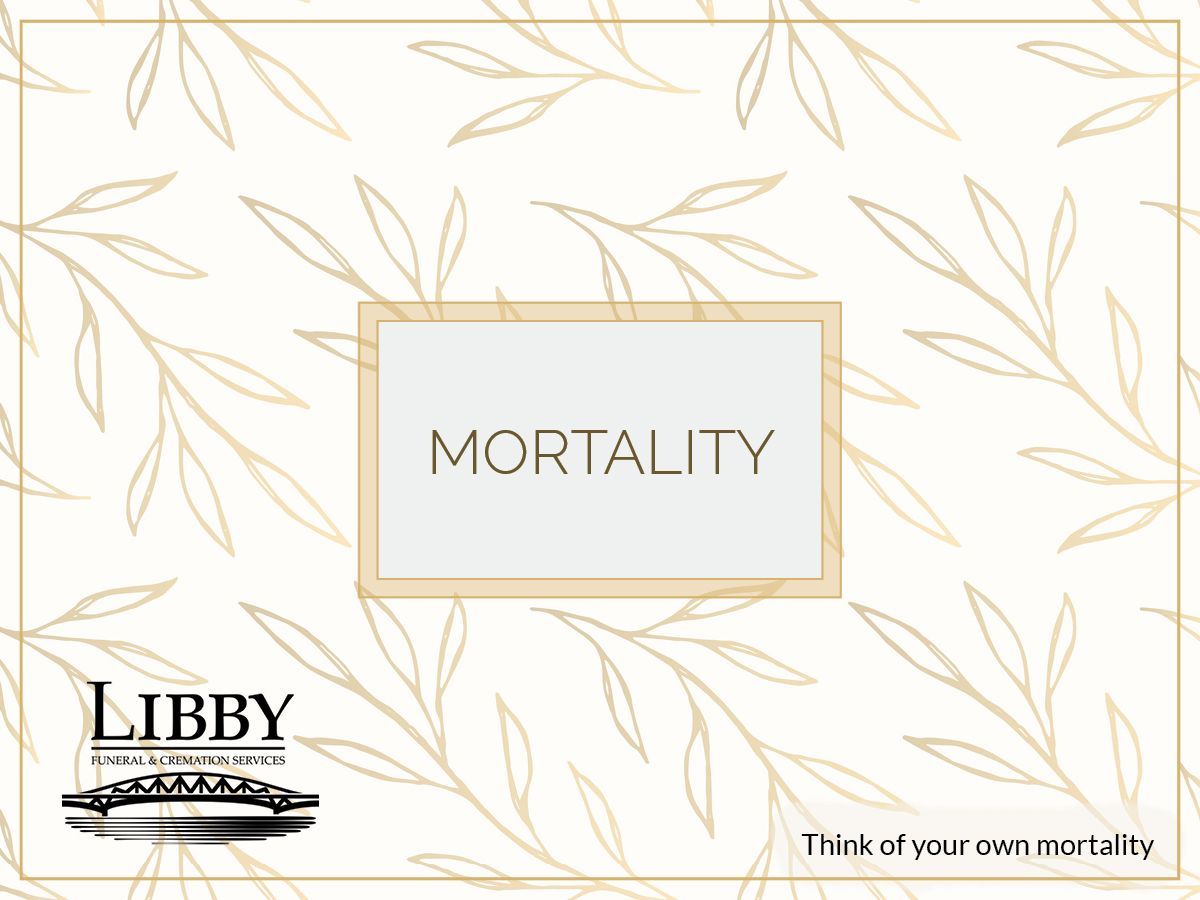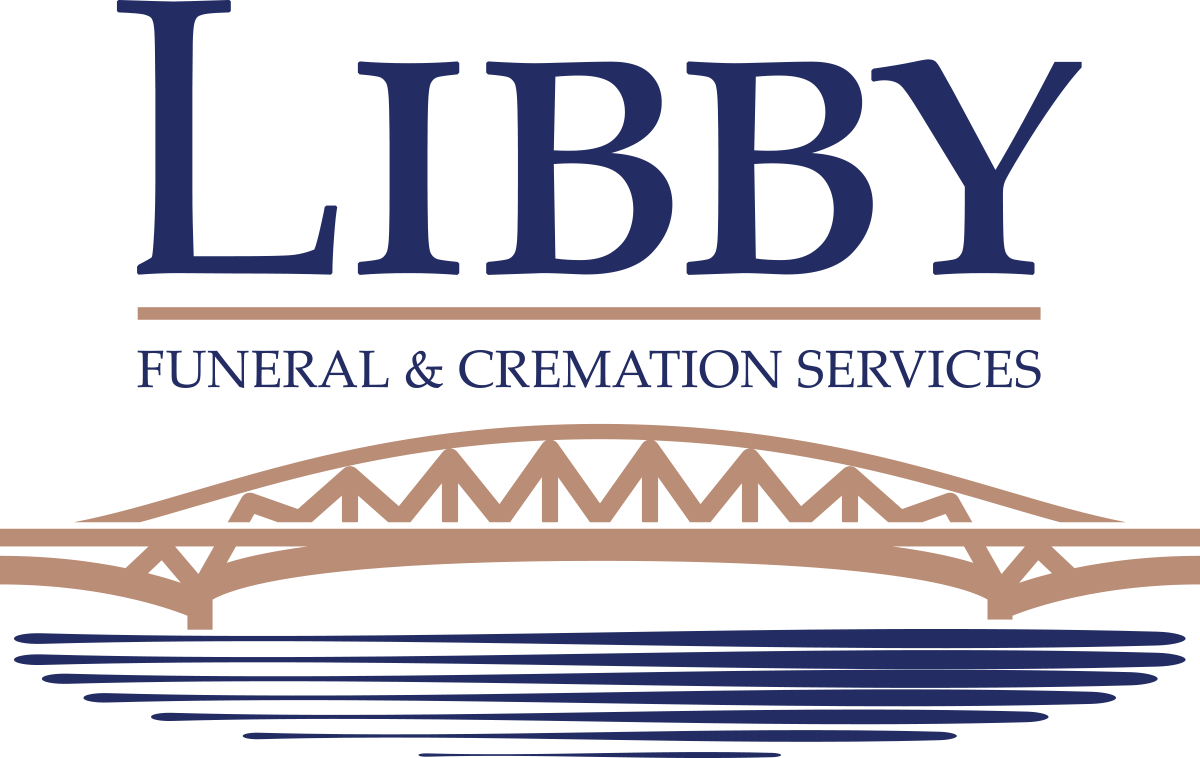For immediate need of our services, we are available 24/7. Contact us at (845) 831-0179
Jewish Funeral Traditions
As we begin to learn more about religious practices outside of our own, it is sometimes surprising to find how much different faiths have in common. Mourners of all faiths understand the power of grief and the comfort of community. So, what happens when a person of the Jewish faith dies, and how can a person outside that faith support a friend or neighbor who is grieving?
In order to support a person of the Jewish faith when they have experienced a loss, one must learn about the Kaddish and sitting Shiva. According to Jewish Law anyone who has lost a parent, sibling, child, or spouse recites Kaddish every day beginning with the funeral and continuing for thirty days after the death. The Mourners Kaddish is a prayer, a profession of faith. The prayer is a listing of God’s holy attributes. Jewish law requires that sanctification of God’s name and requires ten voices … a minyan. This requirement of a minyan assures that the mourner is not alone. For thirty days the Mourners Kaddish is recited in the presence of at least ten people. According to Anita Diamant in her book Saying Kaddish… “The power of Kaddish comes, in large measure, from the consolations of being in a group that recognizes and embraces the bereaved”.
The Hebrew word for funeral is Levayah, which means “accompanying”. There is no religious requirement for clergy to be present at a Jewish funeral. The responsibility is on the family. The service does not address the ideas of heaven, redemption or reunion, the focus is on the life of the deceased. The service is simple. Here are no flowers or music, the casket is lowered and all in attendance participate in covering the coffin. Once the casket is lowered the business of caring for the dead is ended. The focus now shifts to mourning and supporting the family in their grief.
Shiva or “sitting Shiva” is a time for the bereaved. Traditionally Shiva lasts for seven days, although in modern times that is sometimes abbreviated to three days. It is a time to “sit” with grief. During Shiva the bereaved do not work or play. No calling into the office, no cooking, no dishes, no television or video games. Shiva is a time to do grief work. It is a time to explore emotions and feelings, to cry and to laugh. It is a time to share memories, tell stories, and receive consolation.
When a Jewish person dies:
· Expect the service to take place the day after the death.
· The service will be held either at a funeral home or a synagogue/temple
· There will never be an open casket
· The service will be led by a rabbi
· The rabbi may deliver the eulogy or eulogies may be delivered by friends or family
· Close friends and family will attend the interment. All who attend the interment will participate in filling the grave.
· As the closest members of the family leave the gravesite, they pass between two rows of relatives and friends.
· Do telephone or visit the bereaved
· Do bring food, to be on the safe side, bring kosher food
· Do not send flowers
· Do make a contribution to a favorite charity in honor of the deceased
· When calling on family members who are sitting Shiva expect to stay for 20 to 30 minutes. The Mourners Kaddish will be recited twice a day, morning and evening. A guest should stand when the mourners stand and read along with the prayer in English
· The one-year anniversary of the death is marked with a ceremony, yahrzeit. This ceremony is by invitation only and usually involves a service at the synagogue and “unveiling” of the tombstone at the cemetery.







365 DAYS OF GRIEF SUPPORT
Sign up for one year of grief messages designed to offer hope and healing during the difficult first year after a loss
Please wait
Verifying your email address
Please wait
Unsubscribing your email address
You have been unsubscribed
You will no longer receive messages from our email mailing list.
You have been subscribed
Your email address has successfully been added to our mailing list.
Something went wrong
There was an error verifying your email address. Please try again later, or re-subscribe.
Translate This Website:




